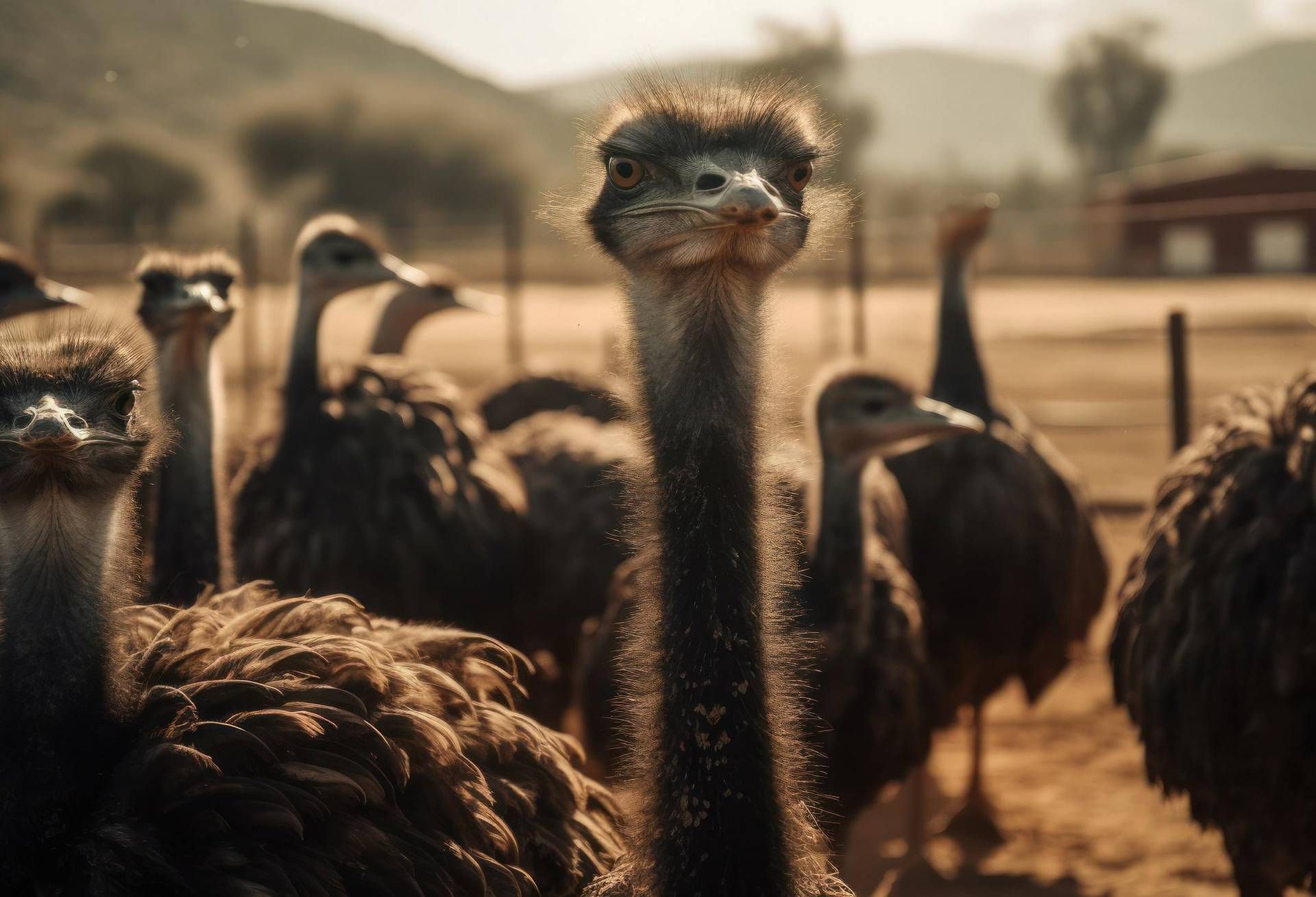“I’d rather not know.” The temptation to stick your head in the sand is often strong. According to research published by the American Psychological Association, when given the opportunity to find out how their actions will affect another person, 40% of people decide not to take it. Why do we choose ignorance? One study attempts to provide an answer, by analyzing the dynamics that lead people to choose the “ostrich movement.”
Research suggests that choosing not to know the consequences of an action allows people to act selfishly while maintaining a positive self-image. “Examples of willful ignorance abound in everyday life,” highlights the lead author of the work published in the journal Psychological Bulletin, Linh Vu from the University of Amsterdam (Netherlands). Example? “When consumers ignore information about the problematic origins of the products they buy,” he says. “So we wanted to know how common and harmful is willful ignorance and why people practice it.”
I study
Fu and colleagues conducted a meta-analysis of 22 studies with a total of 6,531 participants. All of the studies in question were conducted in research laboratories in the United States or Western Europe, or online (on platforms such as Amazon Mechanical Turk), and most followed a protocol in which some participants were told the consequences of their actions, while others could do so. Choose whether you want to learn it or not. In one such function, for example, participants had to decide whether to receive a smaller reward ($5) or a larger reward ($6). By choosing the smaller one, another (anonymous) person or charity will also receive the same amount. By choosing the higher stake, the other recipient will receive only $1. One group was offered the choice of knowing or not knowing the consequences of their choice. While another is automatically notified when you leave.
By analyzing studies of this type, Scientists found that a significant portion of people (40% in fact) deliberately chose not to knowThey often did this to have an excuse to act selfishly, according to experts. This willful ignorance was actually linked to decreased altruism: people were 15.6% more likely to be generous to another person when they were informed of the consequences of their choice, compared to when they were allowed to remain ignorant.
Researchers have speculated on what might be behind willful ignorance: Some people may act altruistically because they want to maintain a positive image of themselves as altruistic people, experts believe. In these cases, willful ignorance may allow them to maintain that self-image without having to act altruistically. A meta-analysis confirmed this, according to study co-author Shaul Shalvi, professor of behavioral ethics at the University of Amsterdam. This is because people who chose to know the consequences of their actions were 7 percentage points more generous than participants who received the information by default. This suggests that truly influential people choose to know the consequences of their actions.
“The results are fascinating – comments Shalvi – because they indicate that many of the altruistic behaviors we observe are driven by the desire to behave as others expect us to do. While most people are willing to do the right thing when they are fully aware of the consequences of one’s actions, This predisposition is not always due to people’s concern for others. Part of the reason people act altruistically is due to social pressures and a desire to see themselves in a good light. Because being good is often expensive and requires people to give up their time, money, and effort, ignorance provides a way Easy to get out of. According to the authors, future research should aim to examine these mechanisms in different contexts and study ways to counter such behavior.

“Internet trailblazer. Travelaholic. Passionate social media evangelist. Tv advocate.”







More Stories
Blue Origin’s New Shepard returns to manned flight
The doctor exploded: “After 21 years I am leaving ASL. I believed in psychiatry close to patients but it is a model that no longer exists.”
The massiveness of the stars in the universe: Watch the video (feel goosebumps)